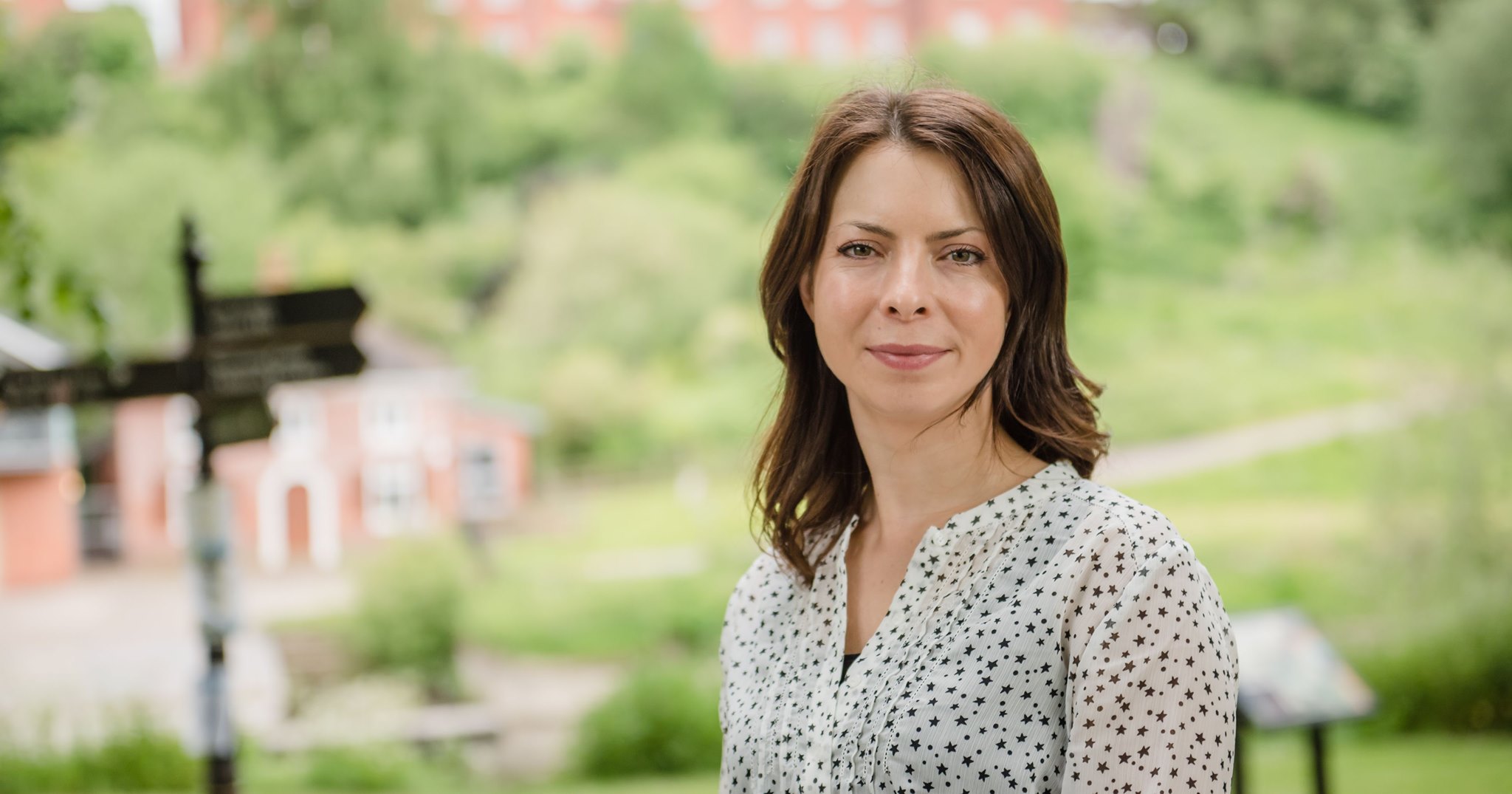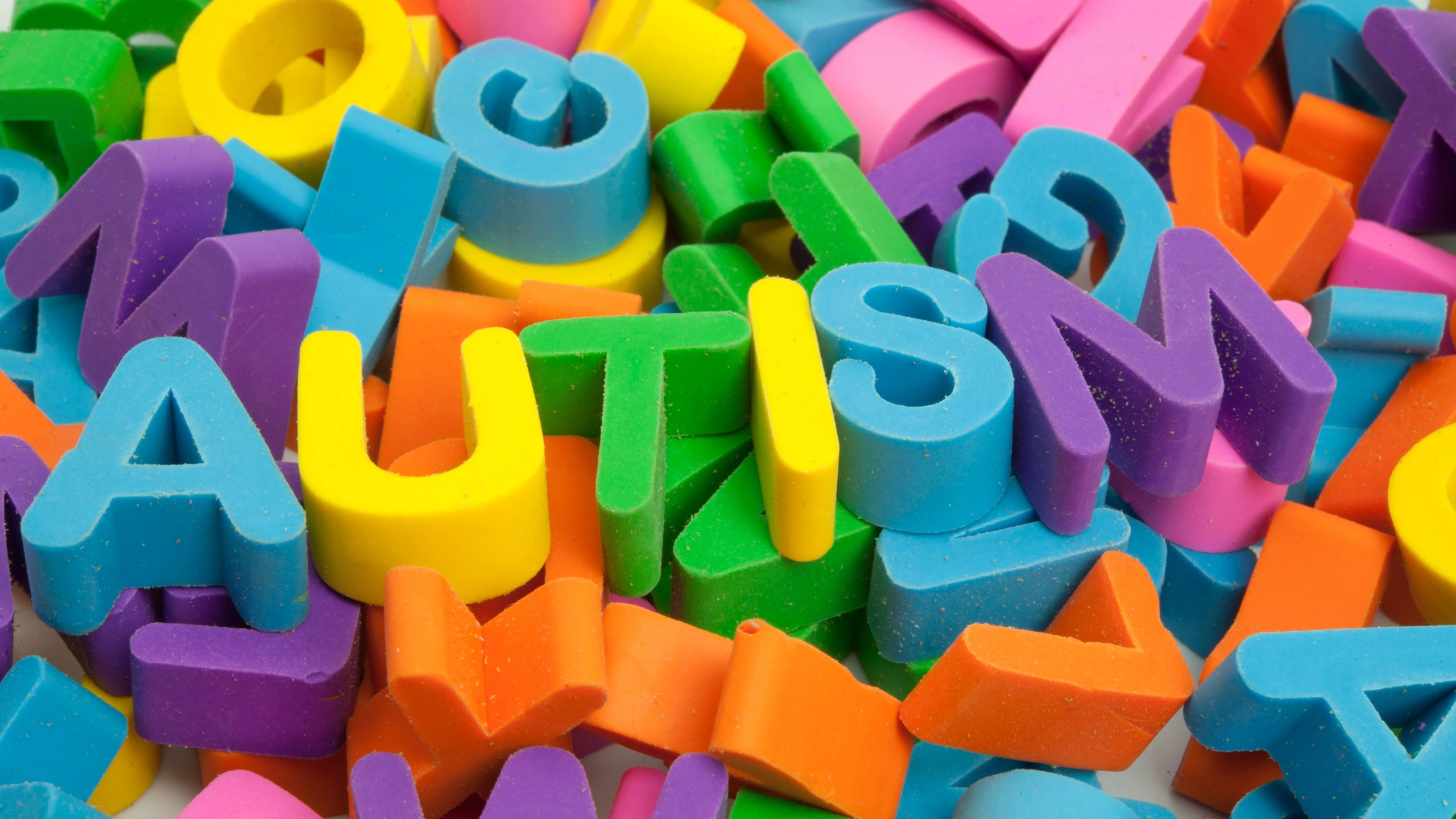20 Oct 2022
How you can help your child with autism make friends
Making and maintaining friendships can be challenging at any stage of your life. For people who are on the autism spectrum, making friends with autism can be both a difficult and scary experience.
If your child has recently had an autism assessment and is currently on the spectrum, then they will need some support making new friends. When you are helping your child with autism make friends, you want to make sure that the process of doing this is both fun and rewarding for you and your child.
Having quality friendships can help your child gain confidence in social situations and interactions with other children. If you are wondering how you can help your child with autism make friends, then we have some tips to help them make friends.
Set realistic expectations
When it comes to making new friends for your child with autism, you need to make sure that you set realistic expectations. There are two ways that it can go for making friends, a rejection or an acceptance. It’s crucial that when you are with your child that you explain this with them so that they know what to expect when meeting a potential friend.
You should also tell your child with autism to be positive when making friendships as that mindset will help them get more friends. It’s also worth developing a plan when interacting with other children to be your friend. That could include any special interests you are both interested in, conversation starters and the best time to approach them.
If that person says yes to being your child’s friend, then it can fill them up with confidence, knowing that they can make friends with other children. However, if your child has had a rejection from a potential friend, talk it out with them. It’s a process that you and your child are learning together so it’s important to have a long term goal when making new friends.
Learn social skills
People with autism often struggle with social skills, which is an important component when it comes to making friends. It’s a good opportunity to use that family time to put your child in potential social situations that they’re likely to encounter when making new friends.
Some activities that you can do with your child include turn-taking with family members, particularly when it comes to playing with a certain toy. Your child will take it in turns to play with that toy, which will help them learn important social rules, such as following instructions from adults and allowing others to play with that toy.
Turn-taking is an excellent way of getting your child to learn more advanced social skills, such as active listening and conflict resolution. By helping your child with autism practice their social skills , it can help sharpen how they interact with other children who are their friends.
Find people with similar or common interests
When your child with autism is finding people to be friends with, common interests can be very useful. It can be difficult for anyone to build friendships with another person if you have nothing in common with them.
Having similar or common interests can be a major factor in not only making friendships, but also developing and maintaining them. For example, if your child with autism loves swimming, then find a swimming club for them to join as a member. Alternatively, if your child loves reading and writing, it’s worth signing them up for a poetry or writing club.
It’s important that when your child with autism joins any group, they should have people of a similar age to them. This will ensure that your child is able to engage in any activities that the club puts on during the week.
Utilise visual aids
Children with autism are often visual learners, which is why visual aids can be beneficial when it comes to helping them learn and understand things. Utilising pictures that display different social situations can enable them to know how to approach different social situations, such as meeting new people and making small talk.
Creating social stories can be useful for your child with autism to know how to go through a specific situation, such as making a new friend in words and pictures. By having a script below the picture of the social story you’ve created, it’ll make it easier for your child to know how to communicate with that friend they’ve made.
Have fun!
You want to make sure that when your child is in the process of making friends it is a fun activity that they can engage in. If you make the activity both difficult and uninteresting, then they won’t want to take part in it.
It’s essential that your child with autism has fun making friends so that they have a strong support network to lean on. For example, if your child with autism has been bullied at school, their friends can step in and help them overcome that issue they’re dealing with. As your child grows up, they’ll have the confidence to be able to make friends from the get-go.
We hope some of the tips we’ve included in this piece will make it easier for your child with autism to make friends. It’s important that when you are helping your child make friends that you set small and big goals for them. This means that you and your child stay motivated when building and developing long-term friendships with others.
If your child is struggling to make friends and may potentially be on the autism spectrum, that’s where The Autism Service can come in and help. We can complete a diagnostic assessment with your child to confirm if your child has an autism spectrum disorder (ASD).
For any questions about our autism child and adult assessment services that we offer, please feel free to contact us today.
Take the First Step Towards Understanding
Related posts

5 Dec, 2025
Is ADHD Being Over-Diagnosed?

3 Dec, 2025
Autism and Anxiety

20 Nov, 2025
ADHD Signs in Teenagers

7 Nov, 2025